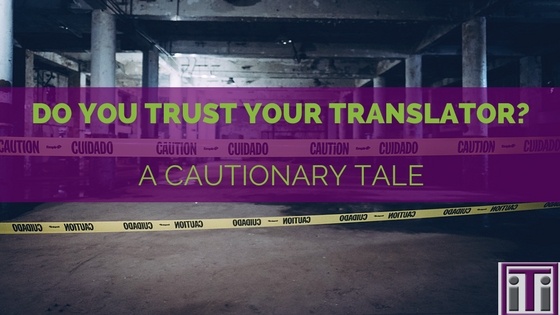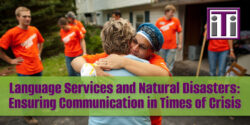
Once upon a time, about ten months ago, I moved to a new country in South America.
I needed to find an international job but didn’t have a work visa yet. So I put my feelers out and began networking with expats, reading online forums, and researching jobs that were known to assist with visas.
Eventually, I encountered a man who promised me he knew just the company for me, and he said they would definitely help with my visa.
I was open to something new, so I told him I was interested and he set up an interview for the following week.
A week later, in my best interview attire, I took a train across town until I reached a heavily guarded corporate building.
“Hi, I have an interview at 10am,” I told the girl at the front desk.
Without even looking up she nodded and pointed behind me. “Up the stairs, floor B, room 16C,” she stated flatly.

When I finally reached room 16, I found about twenty people in business attire sitting in elementary school style chairs with attached desks. We were handed a piece of paper, a small pencil, and were instructed to begin the assessment at 10am sharp.
The questions were strange, asking us to create drawings out of partially drawn shapes.
Next, we were led to computers which prompted us with 30 min worth of questions in Spanish concerning work appropriate behavior. I don’t think I’d been in such an uncomfortable and disorienting setting since the SAT exam.
Next, we were led to the other side of the building and into a large and very crowded waiting room.
“Someone will call your name,” a man told me and two other men.
The walls were covered in 10ft images of people wearing headsets, looking happily into the camera as a giant globe floated behind them. Where was I?
Finally, almost two hours later and two min before I was about to walk out, my name was called.
I, and the two other men whom I had arrived with, were escorted into one of many small offices off a long hallway. The glass door was closed behind us as a smartly dressed woman in her early thirties walked in.
“Good morning,” she purred out, coffee in her hand. “Do you mind if we start in English today?”
The two men nodded shyly and I smiled, having succumbed to the adventure of having no one idea where I was or what was to come.
“Please,” she said to the man on my left, “start by telling us about yourself.”
The man cleared his throat anxiously and began to describe how he had come to live in this country and how he would be needing a visa to continue providing for his family. His country had recently collapsed economically and many had recently fled to this city to find work.
Many were taking jobs that weren’t in their field. His English was shaky, probably from nerves, but he seemed like a nice guy. She then asked if he was ok with the basic salary they were offering, low even for this country’s standards. He nodded enthusiastically.
When it was my turn, I gave a quick explanation of my experience in life and then noted that English was my first language. The girl was very interested in my answers. I quickly felt overqualified for whatever this job was.
“Do you mind if I ask what this position is?” I inquired. “Oh, of course!” she responded cheerfully.
“Didn’t the recruiter tell you? Our department offers Over the Phone Interpreting.”
“Oh…”I said, suddenly so very confused. The only thing that made sense now was the happy headset murals in the waiting room.
“But, I don’t have any professional translation experience or phone translation experience for that matter,” I finally responded.
“No worries,” she smiled back without a second thought. “You really don’t need anything. We’ll train you on standard protocol. Then, you’ll listen in and do your best.”
Everything suddenly felt so wrong.
Sure, I could speak English and Spanish pretty well, and sure those guys in the room with me spoke English all right, but would I as a business owner hire any of us as professional translators?
Probably not.
Maybe I’m biased as an American, but I feel like translators in the US must take exams to prove themselves for good reason.
I thought about the health care organizations, the financial institutions, the legal and law enforcement, and the immigration interviews that all depend on over the phone interpreting for business, or for personal matters.
Many conversations translated via the phone concern critical matters.
What about when negotiations are being handled or inventory is being discussed, you want to make sure communication is clear to avoid large financial mistakes right?
Just look at how much manufacturers need to translate, and that’s only one part of a long supply chain.
I decided to politely decline continuing on with the interview process because after having worked internationally, I’d come to understand the importance of reliable translation.
Even small mistakes can get you in hot water! I imagine this company offered some pretty competitive rates to clients based off the salary I was offered, which I’m sure can be enticing for companies trying to keep costs low.

But this story is meant as somewhat of a “buyer beware story” from one international businessperson to another.
Avoiding mistakes is much easier than fixing ones already made. And the only sure way to avoid translation mistakes from the start is to make sure you trust your translation company and the translators they represent.
As the translation industry grows, more translators will enter the market. But just the way you choose all business partners, be sure you know who you’re actually dealing with.
After all, you don’t want to end up with me translating your business negotiations just so I can add another visa to my list!






Comments are closed here.